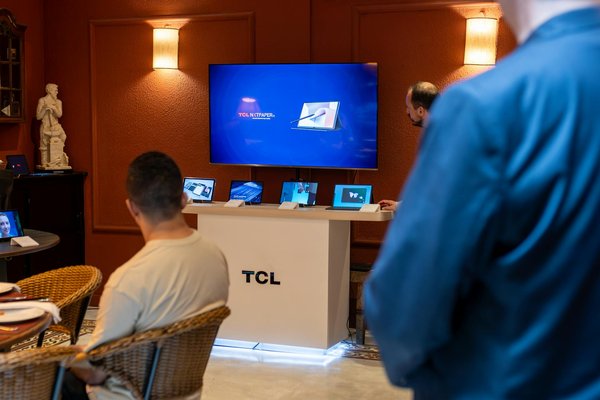Key UK Computing Hardware and Its Role in Smart Homes
British innovation in UK computing hardware plays a crucial role in advancing smart home technology. Several UK tech companies specialize in creating hardware that integrates seamlessly with smart home devices, enhancing connectivity, security, and energy efficiency.
Among leading UK tech companies, ARM Holdings stands out for designing energy-efficient processors used in numerous smart home devices worldwide. These processors help devices perform complex tasks while preserving battery life—a critical feature for sensors and automation hubs. Additionally, Cambridge-based Raspberry Pi Foundation offers compact, affordable computing solutions that hobbyists and developers widely use for custom smart home projects.
UK hardware manufacturers also prioritize interoperability and user-friendly design, ensuring smart home systems work smoothly across different platforms. Unique to UK computing hardware is a focus on robust security protocols embedded at the chip level, protecting personal data in connected devices.
By leveraging homegrown UK computing hardware, the smart home sector gains devices tailored to local standards and consumer preferences. This innovation fosters a thriving ecosystem of smart home products that UK consumers can trust to enhance convenience and safety effectively.
Enabling and Enhancing Smart Home Capabilities
Smart home automation thrives on reliable IoT hardware UK, driving connectivity, security, and energy management to new heights. The presence of advanced UK-manufactured devices means homeowners can expect seamless integration within broader smart home ecosystems, ensuring every component—from lighting to heating—is synchronized and responsive.
Connectivity plays a crucial role; UK hardware often supports robust wireless protocols like Zigbee and Z-Wave, which promote efficient communication between devices without draining power. This reliable connection underpins effective energy management, allowing for real-time monitoring and adjustment of consumption patterns to reduce waste.
Compatibility remains a key factor in successful smart home automation. UK devices frequently offer interoperability with popular platforms such as Alexa, Google Home, and Apple HomeKit, enriching user experience by offering centralized control. For example, UK-developed smart thermostats integrate with solar power systems to optimize energy use based on weather forecasts and occupancy data, significantly cutting costs.
These advances represent how smart home automation powered by IoT hardware UK not only improves convenience but also enhances security through features like remote monitoring and automated alerts, proving that home management is smarter, safer, and more sustainable.
Trends, Innovations, and the Future Outlook
The smart home trends UK are rapidly evolving, with a strong focus on hardware innovation enhancing user experience and connectivity. Recent years have seen the integration of AI-powered devices, improved energy efficiency, and seamless interoperability between appliances. This evolution reflects the UK tech market’s commitment to smarter, more intuitive living environments.
Significant growth in the smart home hardware sector is driven by consumer demand for convenience and sustainability. Government support initiatives, such as funding for IoT infrastructure and regulatory frameworks, aim to bolster innovation and adoption rates. These programs encourage manufacturers to develop cutting-edge devices that prioritize security and compatibility.
Comparing the UK with global smart home hardware developments reveals a competitive edge in combining robust technology with practical design tailored for UK homes. The UK’s emphasis on data privacy and energy conservation sets it apart from markets focused purely on technological novelty, aligning its innovations with consumer values.
Overall, the future of smart homes in the UK promises continued expansion, fueled by advanced hardware, growing consumer trust, and supportive policies, positioning the UK as a leader in the global smart home revolution.

